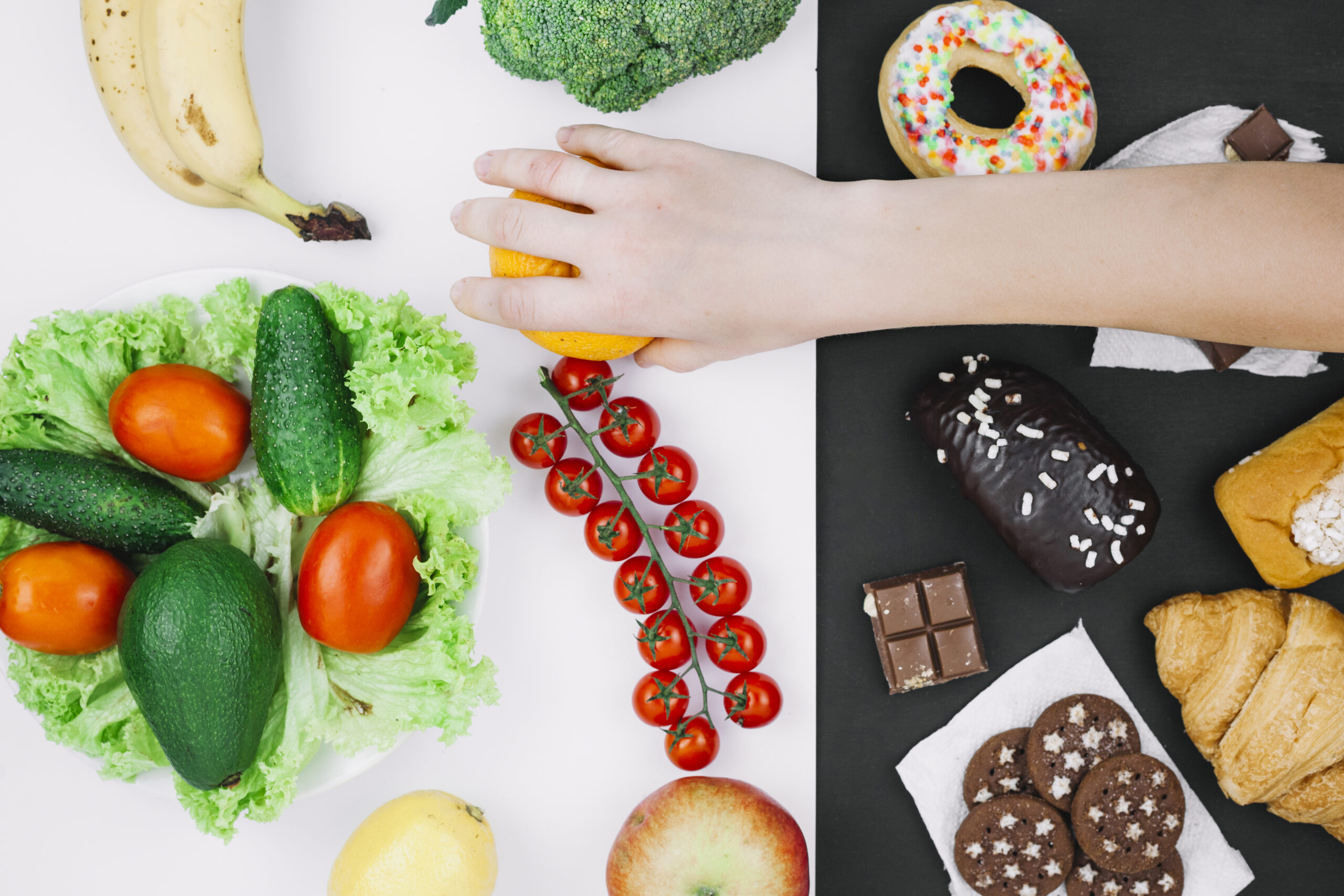Among the many suggestions that diabetics receive for managing their diabetes; the top one, unarguably, is changing the diet and eating healthier. It is very likely that you will find it difficult to adjust to a new diet that focuses on healthy eating so try these simple tips for a more effective regimen:
Balance Your Meals
When you have diabetes, it is vital that you include the right types of food in your diet that is essential for reducing your blood sugar while delivering adequate nutrition. This can be achieved by making sure that you do not leave out any of the food groups. Since there is no one perfect food that can do everything, you should ensure that your diet includes whole grains instead of refined flours, vegetables, and fruits that provide nutrition, as well as fiber, dairy products that are low fat or fat-free in addition to lean sources of protein like fish, chicken, and fat-free cuts of beef.
There is a lot of research being undertaken to study the impact of various food groups and food consumption habits on diabetes. Researchers are constantly trying to analyze the impact of various foods on the progression of diabetes in laboratory environments using chemicals and reagents sourced from a reputed company like mybiosource that has emerged as the leader in lab chemicals globally.
Control Meal Frequency and Portion Size
You should plan to keep your sugar level stable by eating a larger number of smaller meals instead of the conventional three large meals. There will no longer be large gaps in between that lead to hunger pangs usually satisfied with unhealthy snacks. You need to be careful about portion sizes when planning your meal. Typically, you should aim at having equal proportions of carbohydrates in the form of brown rice, whole grains, pasta, and proteins in the form of fish, eggs, lean meats, beans, etc. Throw in a glass of low-fat milk and finish off the meal with a piece of fruit.
Watch Your Carb Intake
You need to be careful about the number of carbs consumed because they get digested faster than other food groups. Too much will cause the blood sugar level to spike so you must be cautious in spreading the consumption evenly throughout the day. Avoid consuming empty calories in the form of sugary drinks, sweets, and desserts and instead opt for healthy foods like yogurt, fruits, and whole grains. Consume whole fruits in moderation instead of juices that have no fiber and often have added sugar.
Conclusion
You can devise your own healthy diabetic diets simply by limiting how much you eat and watching what you eat. Whenever possible, opt for healthier options that have fewer carbs, sugar, and salt. Make sure you drink lots of water and consume green tea to detoxify your system. Rely on oil-free cooking techniques to limit your fat intake. Avoid saturated fats and processed foods with high salt content and try to include leafy vegetables and fruits like bananas and tomatoes that help in reducing your blood pressure.

















































